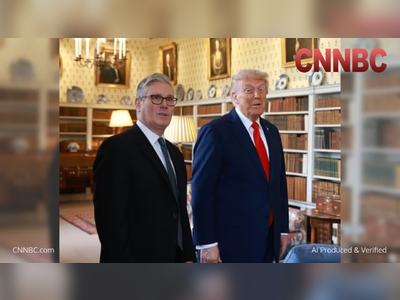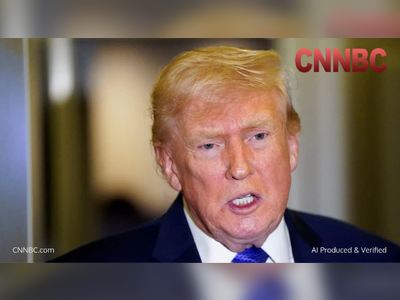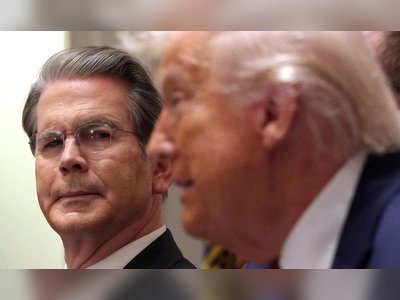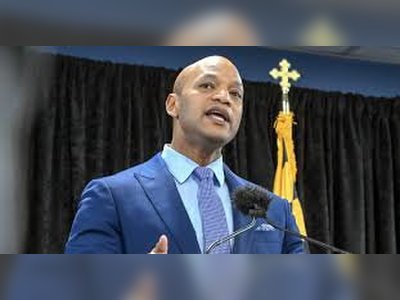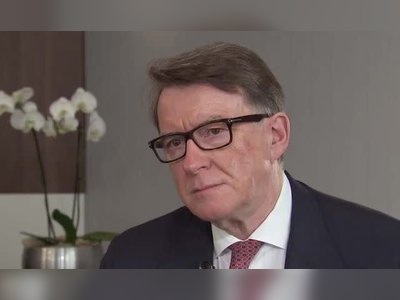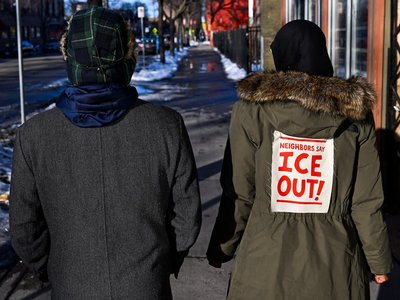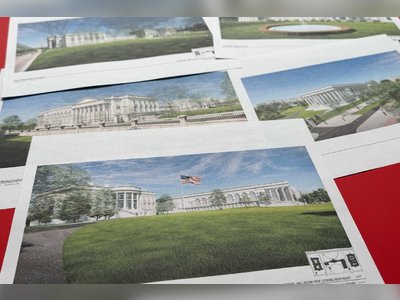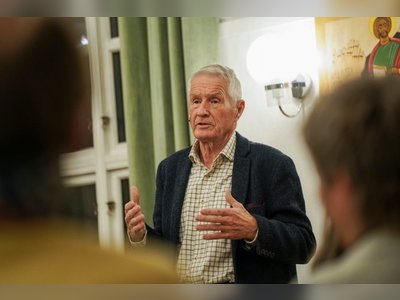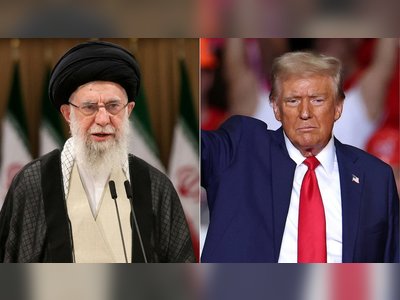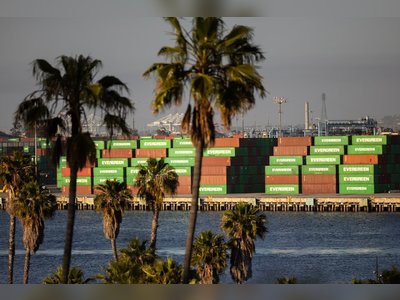COP29 Climate Negotiations Highlight Funding Challenges for Developing Nations
Draft proposal reveals significant debate over financing climate action in Baku summit
A recent draft of a UN climate agreement unveiled at COP29 in Baku indicates stark disagreements over funding for poorer countries.
Negotiators aim to finalize a deal to increase financial support for climate action in developing nations, a contentious issue unresolved for nearly a year.
Developing countries advocate for an annual commitment from wealthy nations of at least $1.3 trillion—far exceeding the current $100 billion contributed by countries such as the U.S., EU, and Japan.
However, economic and political pressures make new pledges challenging for donor countries.
An earlier draft was rejected by developing nations due to perceived bias toward wealthy countries.
The revised draft presents three funding approaches: solely wealthy nations contributing, shared responsibility among all nations, or a combination of both.
Least-developed countries in Africa and small-island states seek $220 billion and $39 billion, respectively.
Brazilian officials criticized the focus of the discussions, demanding more equitable negotiations.
While some see progress in the draft's more precise proposals, many feel clarity on climate finance and transparent monitoring remains lacking.
COP29 is scheduled to conclude on November 22, but negotiations may extend beyond this date.
Negotiators aim to finalize a deal to increase financial support for climate action in developing nations, a contentious issue unresolved for nearly a year.
Developing countries advocate for an annual commitment from wealthy nations of at least $1.3 trillion—far exceeding the current $100 billion contributed by countries such as the U.S., EU, and Japan.
However, economic and political pressures make new pledges challenging for donor countries.
An earlier draft was rejected by developing nations due to perceived bias toward wealthy countries.
The revised draft presents three funding approaches: solely wealthy nations contributing, shared responsibility among all nations, or a combination of both.
Least-developed countries in Africa and small-island states seek $220 billion and $39 billion, respectively.
Brazilian officials criticized the focus of the discussions, demanding more equitable negotiations.
While some see progress in the draft's more precise proposals, many feel clarity on climate finance and transparent monitoring remains lacking.
COP29 is scheduled to conclude on November 22, but negotiations may extend beyond this date.

